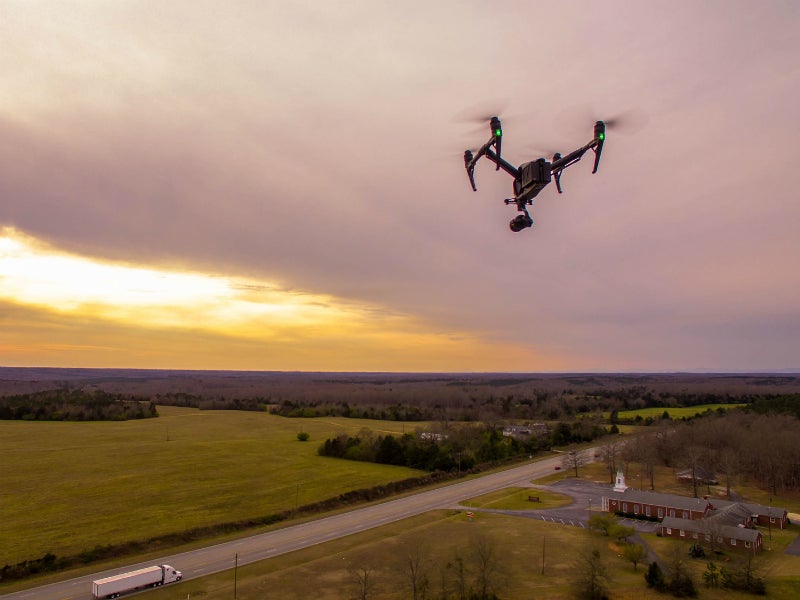
The UK’s Defence Science and Technology Laboratory (Dstl) has designed an open-source software framework called Stone Soup intended to help improve tracking technology.
Even though tracking enemy missiles, vehicles or drones is essential for operational effectiveness, algorithms that process the data are complex and difficult to compare.

Discover B2B Marketing That Performs
Combine business intelligence and editorial excellence to reach engaged professionals across 36 leading media platforms.
The algorithms can now be compared side-by-side against realistic data using the new software framework.
Dstl led the project across the ‘five eyes’ nations, which are the UK, the US, Australia, New Zealand and Canada. It has made the project available to anyone to upload and test their tracking algorithms. The software is available on Github free of charge.
Stone Soup is a software architecture that has six component types, namely framework, data, algorithms, metrics, simulators, and sensor models.
The framework allows code components such as algorithms, sensor models and simulators to be plugged-in in a modular way.

US Tariffs are shifting - will you react or anticipate?
Don’t let policy changes catch you off guard. Stay proactive with real-time data and expert analysis.
By GlobalDataUsers can model several outcomes and assess how they improve factors such as survivability, safety, or operational effectiveness.
It can also be used for non-defence purposes such as in self-driving cars. Tracking systems are a key component in self-driving technology, used to ensure the vehicle can be aware of and operate with other vehicles and people in its vicinity.
Stone Soup will allow algorithm developers or tracking practitioners to insert new components and compare them alongside accepted or latest algorithms to help the developers and industry or government laboratories evaluate them against standard data sets.
Industries can also use the framework to run data against the standard suite of tracking algorithms.
The initiative is supported by four other countries’ defence labs, including Defence Research and Development Canada.
Dstl senior principal scientist Prof Paul Thomas said: “The framework is in its infancy but the long-term aim is to save lives by having data that can accurately track adversaries, giving commanders in the battlefield full situational awareness.
“It’s an accelerated learning aid for people who are just coming into this area too. Before this, it could have taken months, even years, to learn the detailed mathematics of tracking.”





